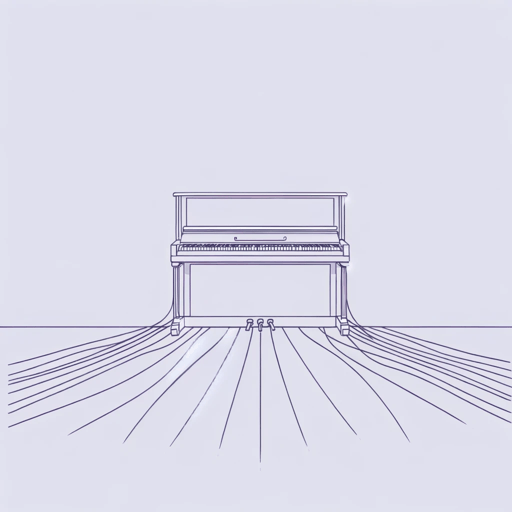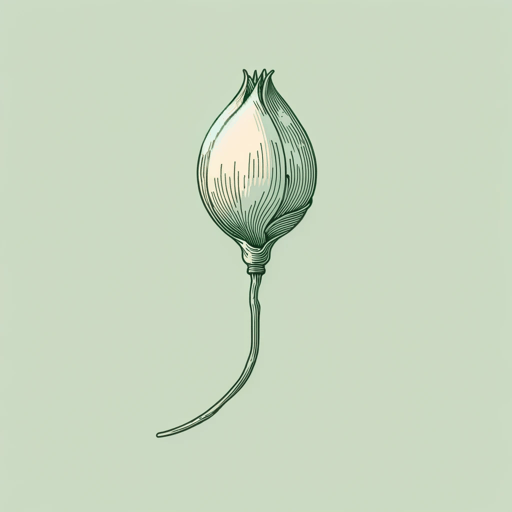18 pages • 36 minutes read
Adrienne RichDiving into the Wreck
Fiction | Poem | Adult | Published in 1973A modern alternative to SparkNotes and CliffsNotes, SuperSummary offers high-quality Study Guides with detailed chapter summaries and analysis of major themes, characters, and more.
Background
Literary Context
While Rich never identified with the Confessional poetry movement of the late 1950s and early 1960s, she nevertheless benefitted from its wider acceptance in the literary sphere. Confessional poetry, championed by poets like Robert Lowell, Anne Sexton, and Sylvia Plath, made personal experiences the subject of the poem, and often examined fraught subjects like sex, gender, trauma, and depression. As she moved into free verse and topics that examined female gender roles and patriarchal oppression, Rich found herself more aligned with the confessional poets. Eventually, she would go on to reject the Confessional, label, believing that it did not make enough room for larger political and artistic concerns. The Poetry Foundation notes that Rich “later lamented the intense introspection of confessional poetry and wrote of those years, ‘We found ourselves / reduced to I’” (“An Introduction to Confessional Poetry.” Poetry Foundation).
While Rich may have faulted the Confessional label, the work of poets like Plath and Sexton paved the way for topics that Rich embraced. The Poetry Foundation editors mention that confessional poets insisted that trauma and “…painful realities of gender and patriarchy were not simply subjects worthy of poems but also experiences that altered the very conditions of poetry have inspired countless others” [sic], all of which are concerns that Rich took to heart in poems like “Diving into the Wreck.
Related Titles
By Adrienne Rich

Aunt Jennifer's Tigers
Adrienne Rich

A Valediction Forbidding Mourning
Adrienne Rich

Living in Sin
Adrienne Rich

Necessities of Life
Adrienne Rich

Planetarium
Adrienne Rich

Snapshots of a Daughter-in-Law
Adrienne Rich

Tonight No Poetry Will Serve
Adrienne Rich

Vesuvius at Home: The Power of Emily Dickinson
Adrienne Rich

